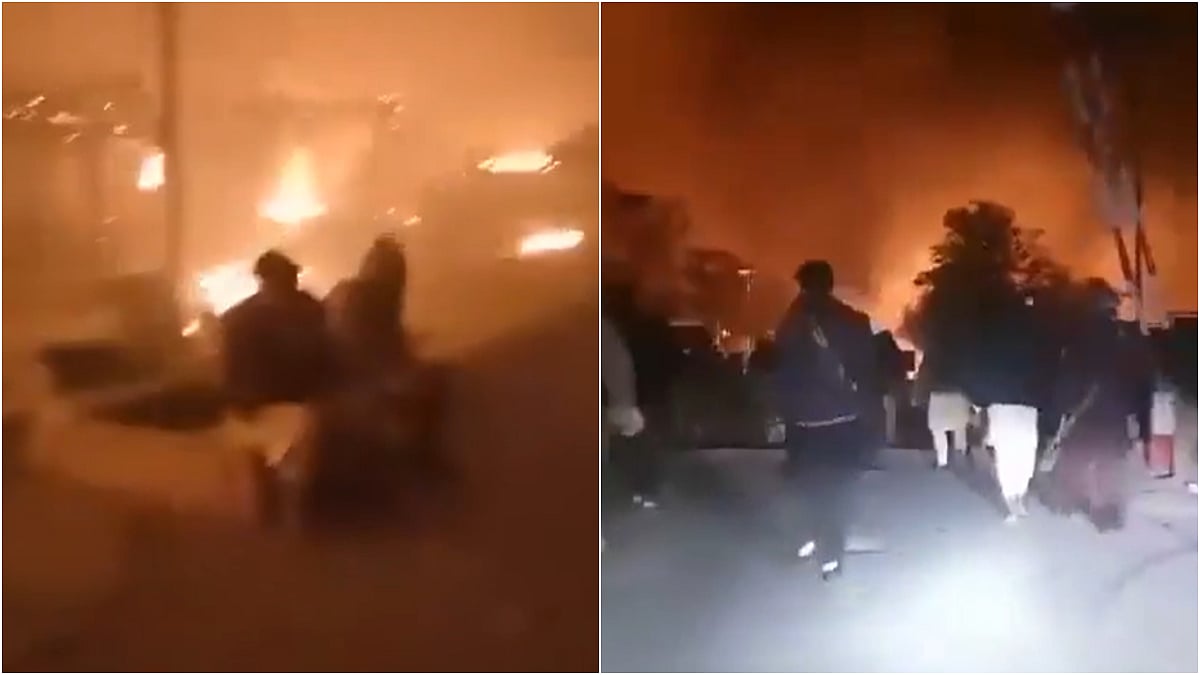Mumbai: Alleged Maoist leader Nirmala Uppuganti, an accused in the May 2019 Gadchiroli IED blast case, has died at a hospice care centre in the city following a prolonged illness.
A lawyer representing Uppuganti, 59, confirmed that she died on April 9.
Uppuganti, who was charged under the stringent Unlawful Activities (Prevention) Act (UAPA), was shifted from the Byculla prison in the city to a hospice for palliative care on account of her terminal cancer, following an order of the Bombay High Court.
Uppuganti had filed a plea through senior counsel Yug Chaudhry and advocate Payoshi Roy, asking to be shifted to a hospice for palliative care so that she was "properly taken care of during her final days".
The Maharashtra government had opposed her plea arguing that Uppuganti was facing "serious charges", but on September 7 last year, a bench led by Justice S S Shinde had directed that Uppuganti be shifted from the prison to tbe Shanti Avedna Sadan hospice centre in the city for 12 weeks. The high court had subsequently extended the period by another four months.
The HC bench had held at the time that undertrials, detainees, and convicts did not cease to be human beings after incarceration. It had said that refusing Uppuganti's prayer would amount to a breach of her fundamental right to life.
It had also permitted Uppuganti to have telephonic access to her husband Satyanarayan Rani, her co-accused in the case, who is currently lodged in the Arthur Road Central Prison in the city.
Advocate Roy had told the high court that Uppuganti was diagnosed with multiple bone metastases and breast cancer in 2016. The cancer had subsequently spread to her brain, lungs, skull and liver.
Roy confirmed that Uppuganti died at the hospice care facility on Saturday.
Uppuganti was an accused in the IED explosion attack case of in Gadchiroli on May 1, 2019, in which 15 security personnel from the Gadchiroli Quick Response Team and one civilian were killed.










.jpg)